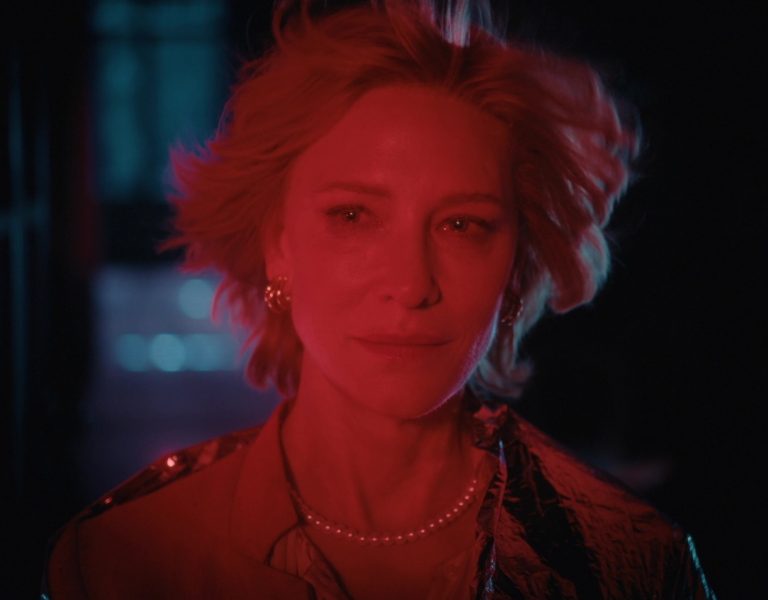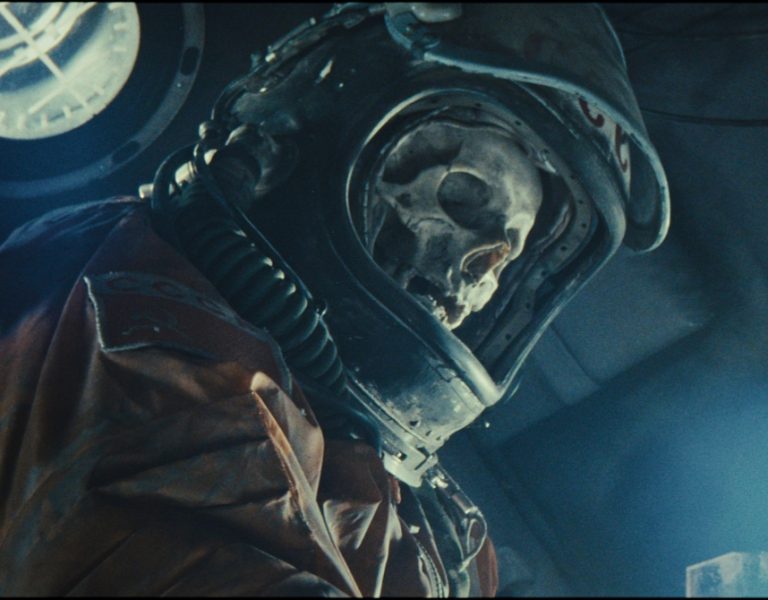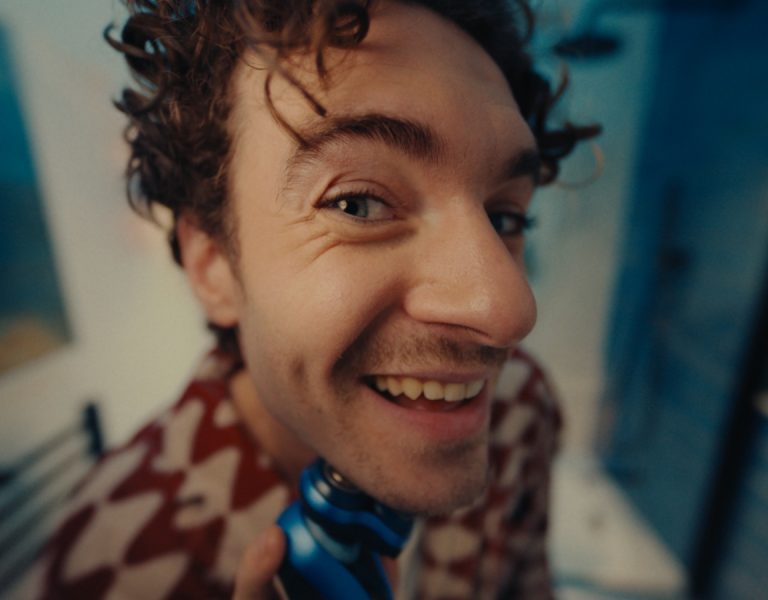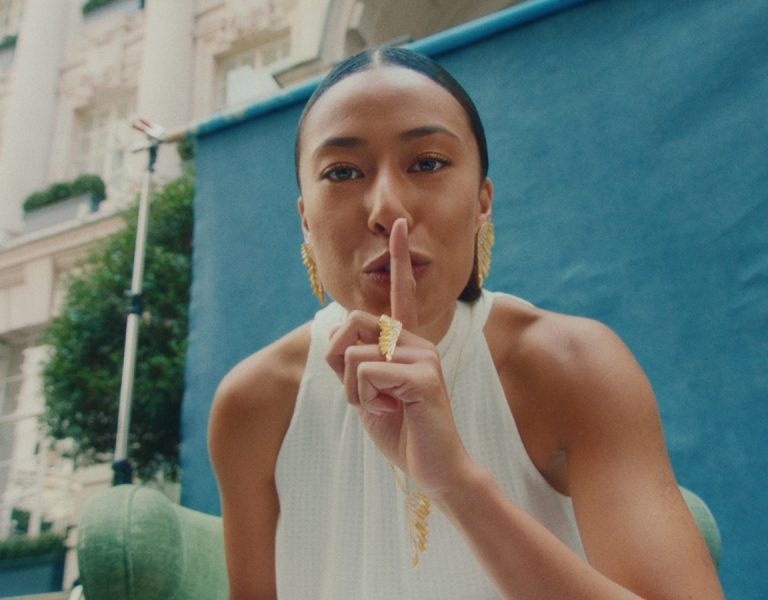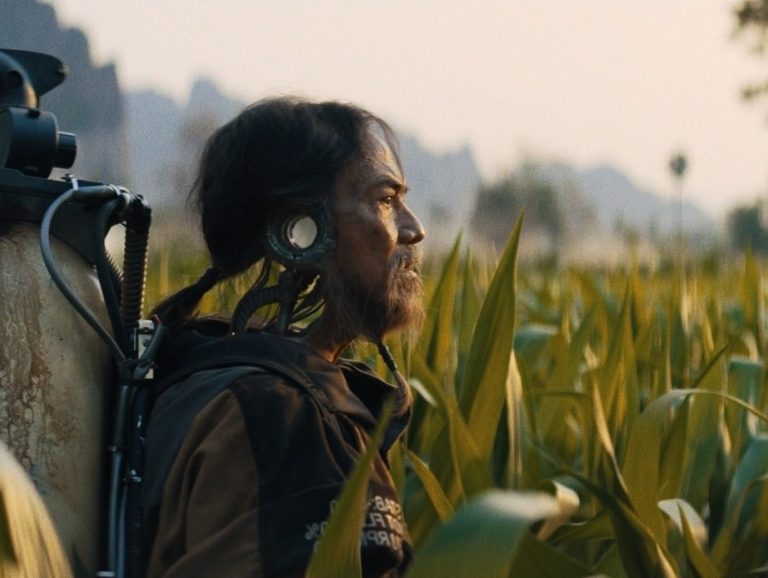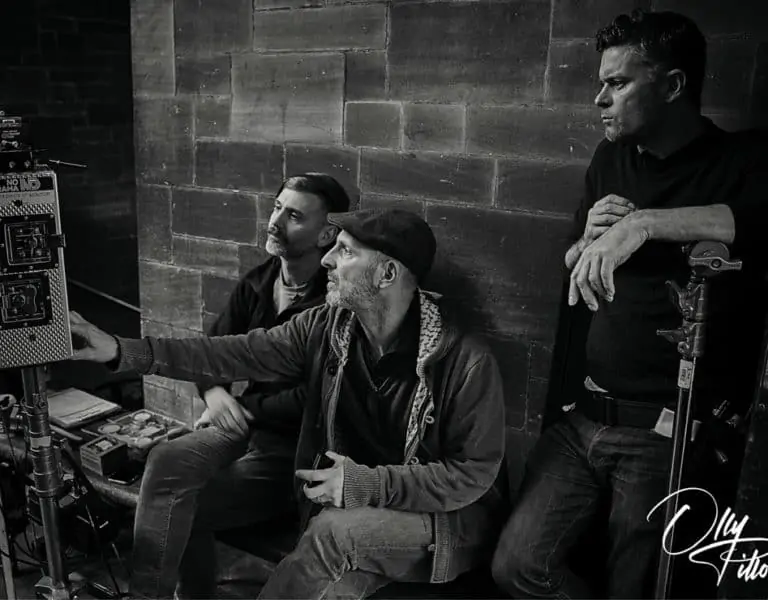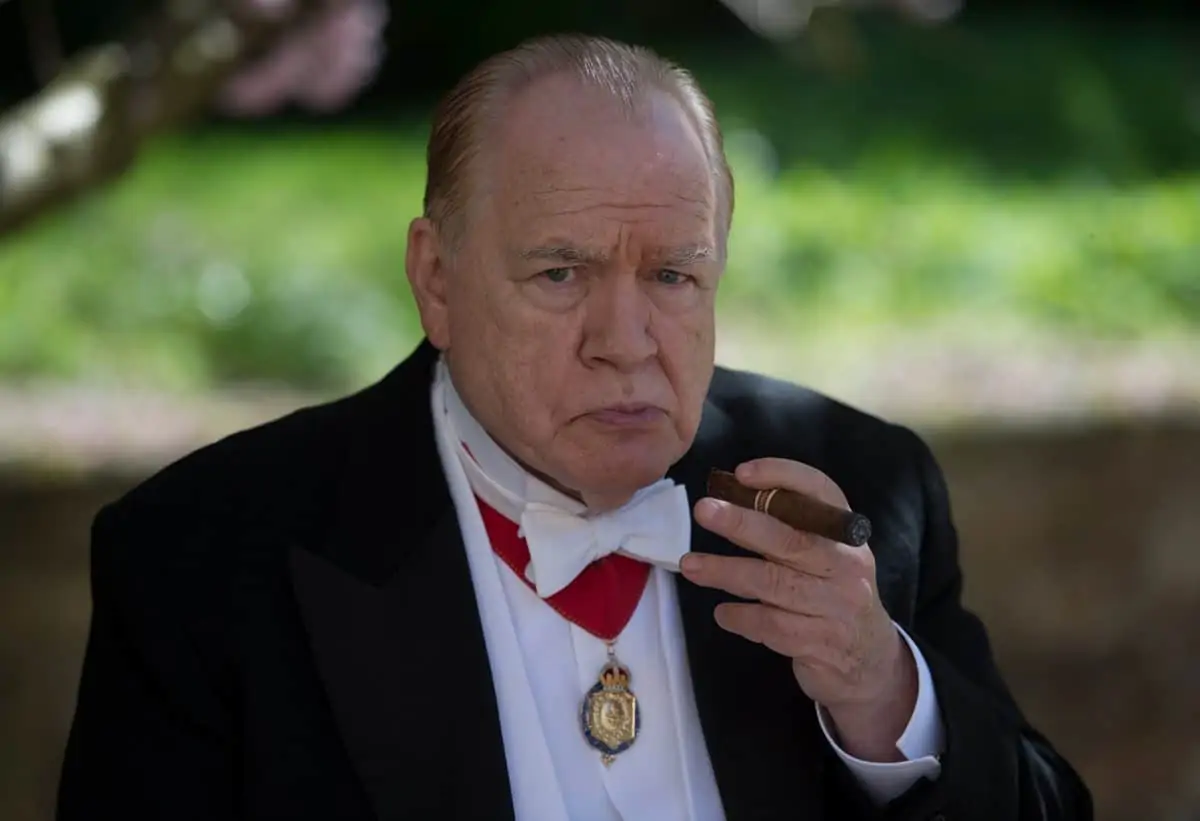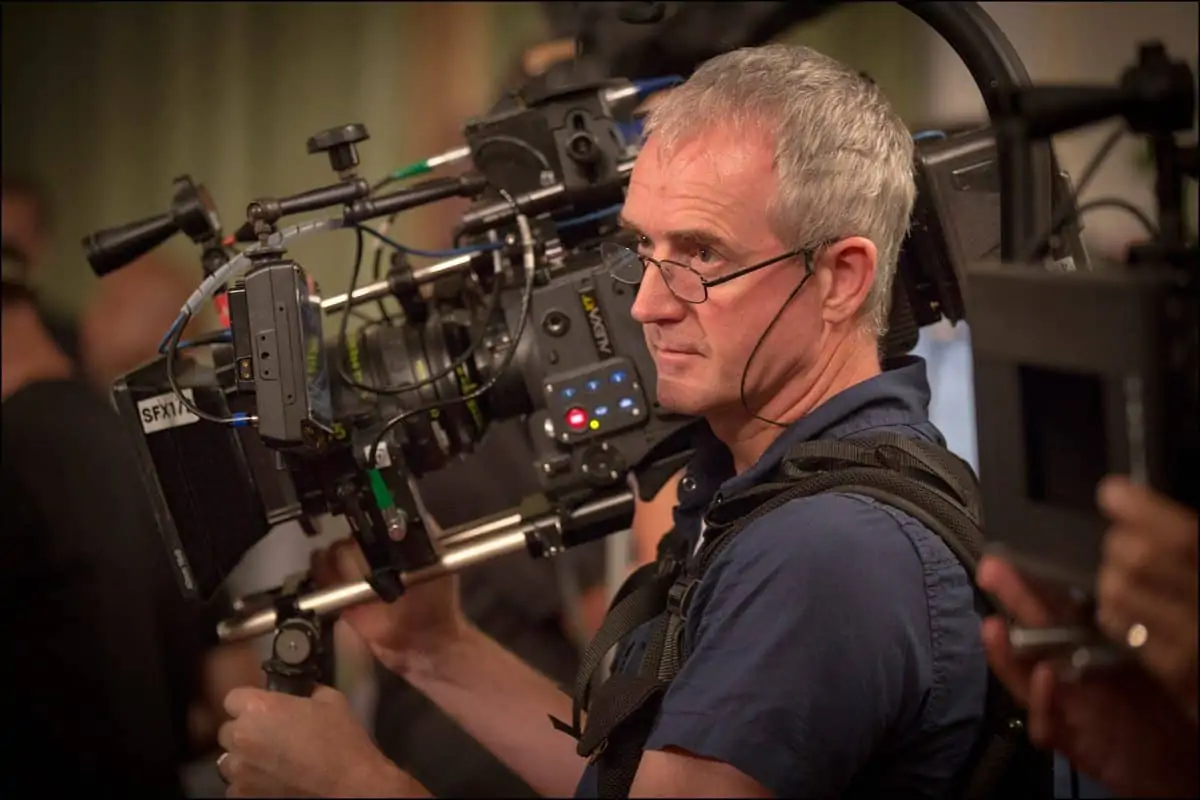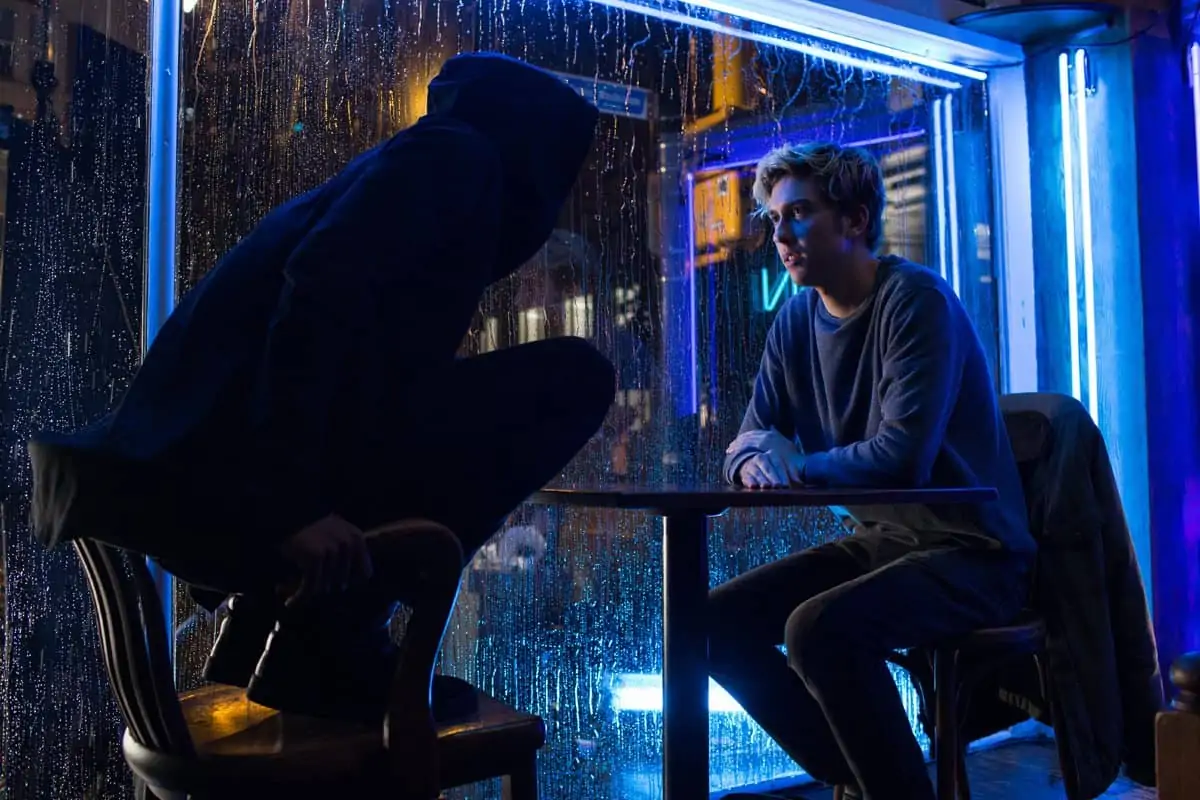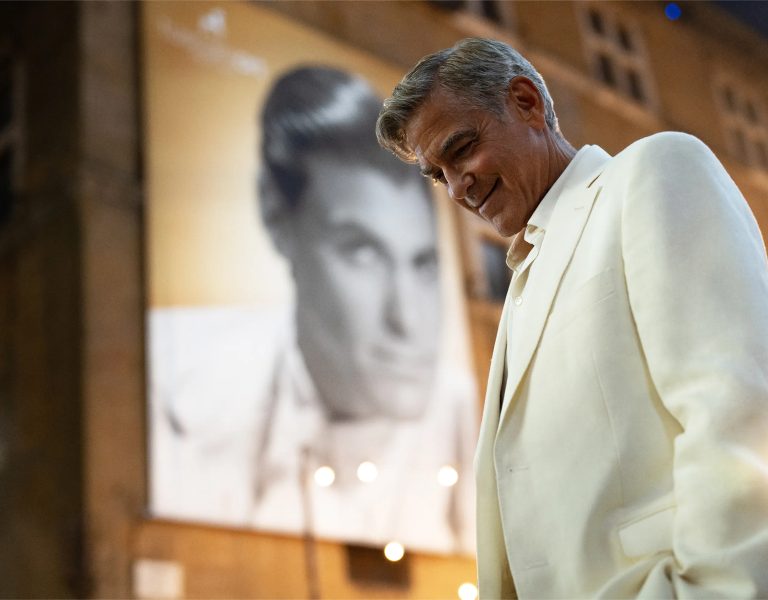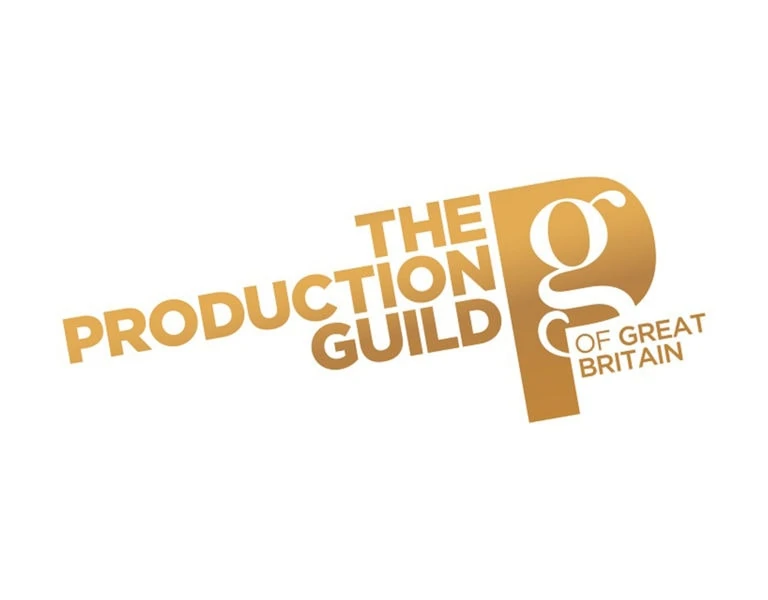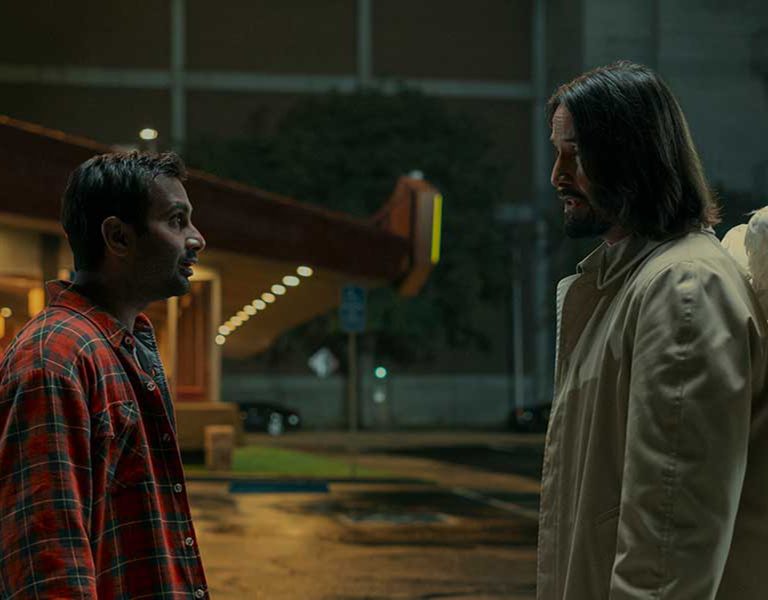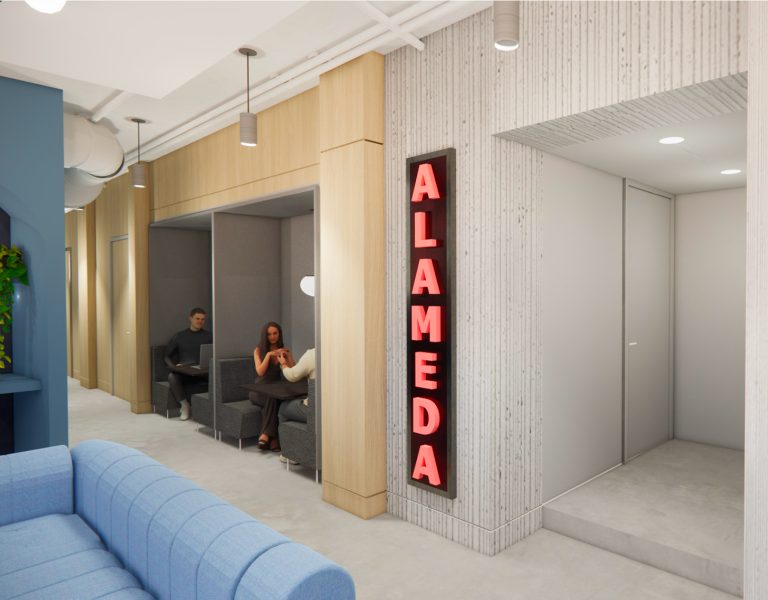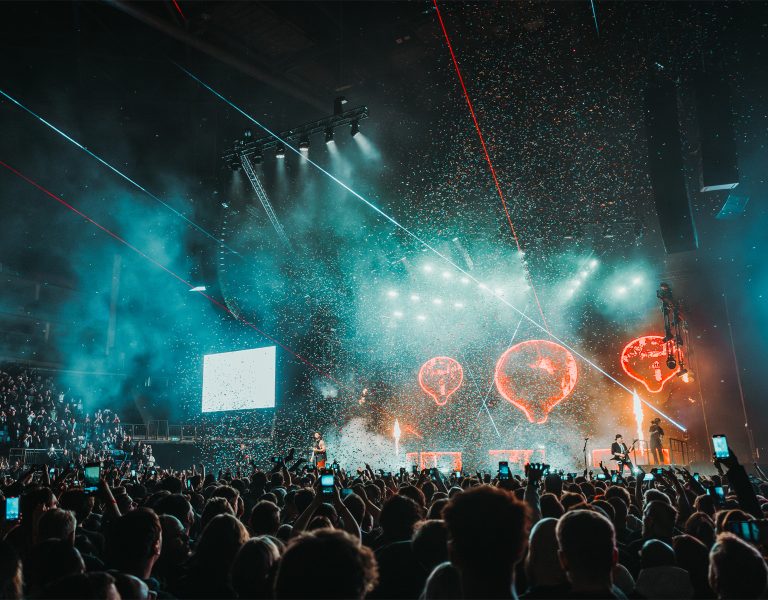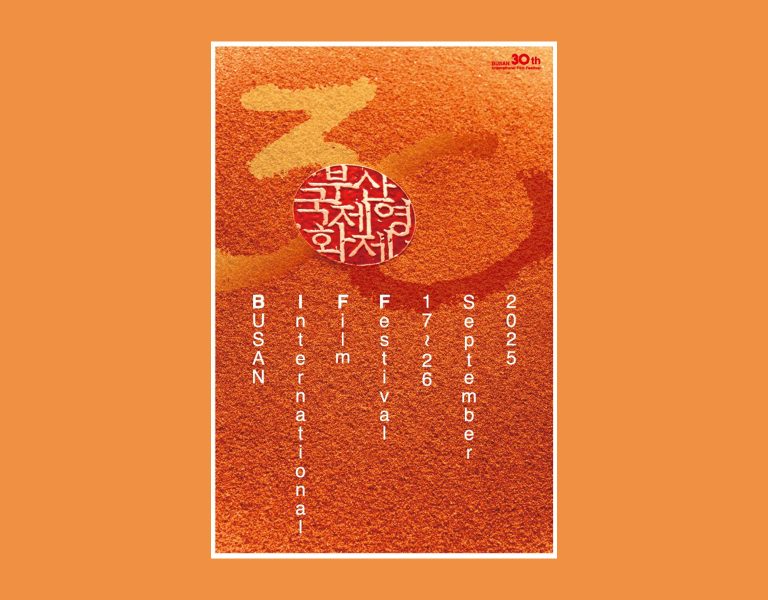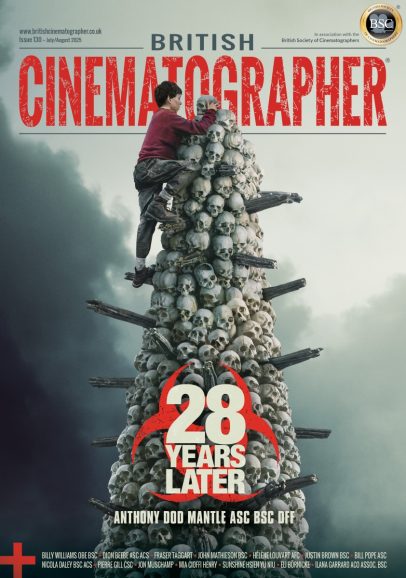David Katznelson BSC DFF on lensing The Rescue
Dec 16, 2021
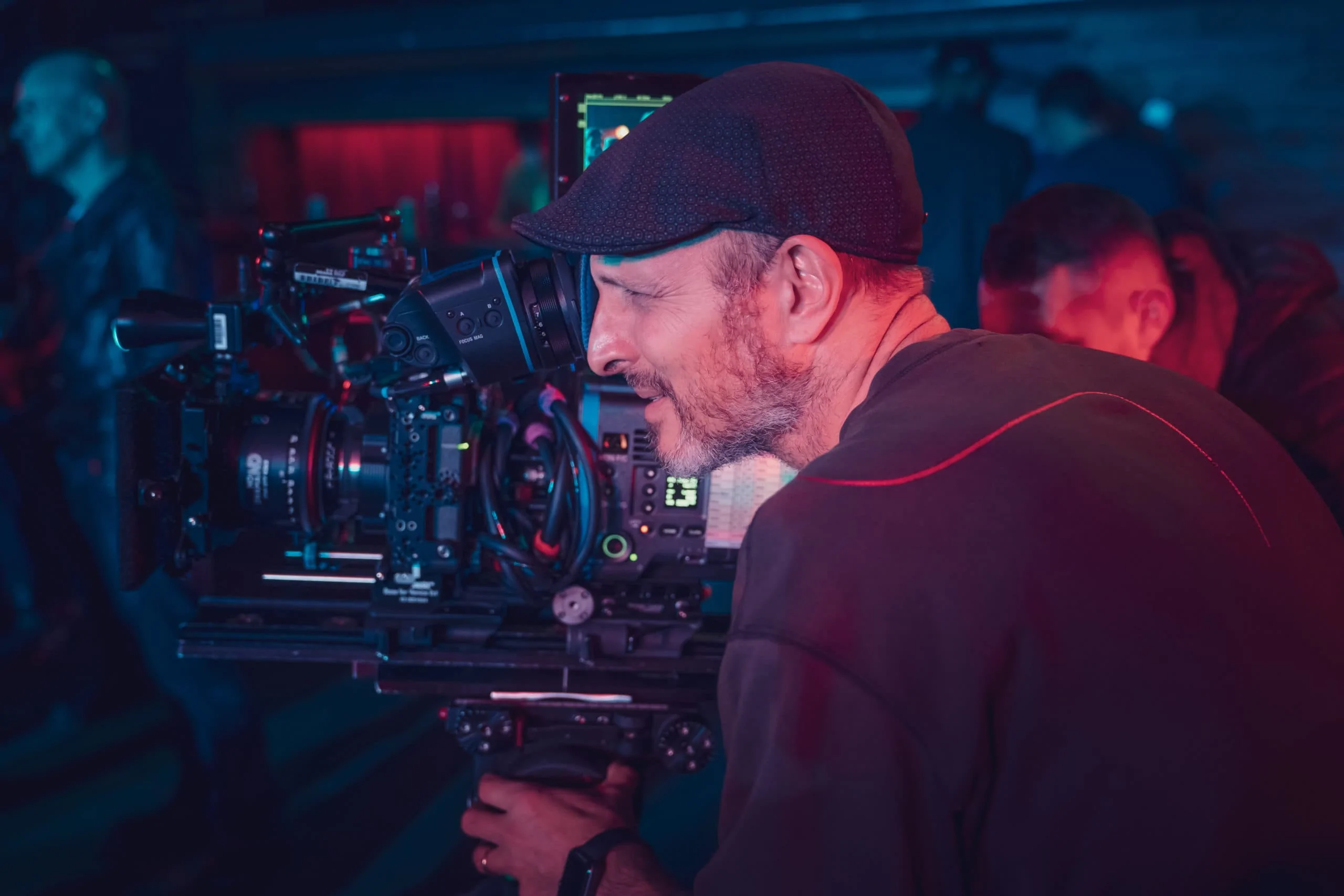
Article by David Katznelon BSC DFF
“I first got involved in the documentary not long after the actual rescue took place in Thailand. A good director friend of mine, Kevin Macdonald, was attached to the project, and asked me if I would be interested in joining him on the adventure.
We discussed what we would do stylistically for the interviews and decided to have a subtle “cave theme” in the set ups. We shot on one of the bigger stages at Three Mills Studios, and hung see-through fabric from the ceiling, which we back lit with some 650w fresnels. We also had a couple of moving lights to create a water ripple effect.
We also decided to add haze, in order to give the large dark space some depth, but it turned out to be really difficult to use due to the nature of documentary interviews. Most takes would be nearly the length of the memory card, so well over half an hour. This was manageable when we were shooting in the Summer, but during the winter part of the shoot, the temperature would fall massively when we turned off the heating before the interviews, until we changed cards half an hour later. When freezing outside, the studio would drop to well below 10 degrees, and the haze/smoke would become very lively and move around the heat from the lights in amazing formations. I sat by the camera in all my best wet weather gear, whereas the divers we talked to were sat in their t-shirts not feeling the cold, as they are so hardy!
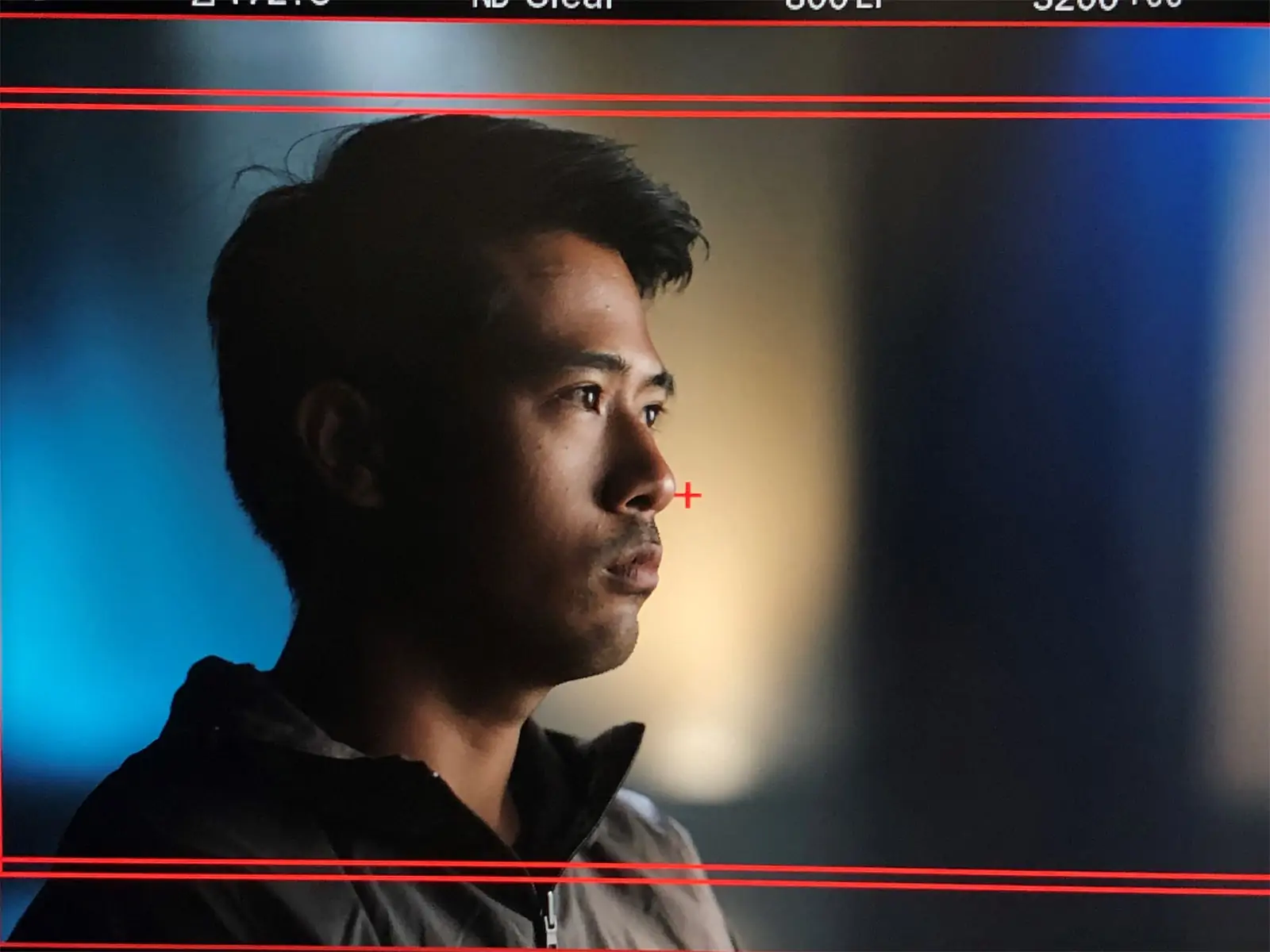
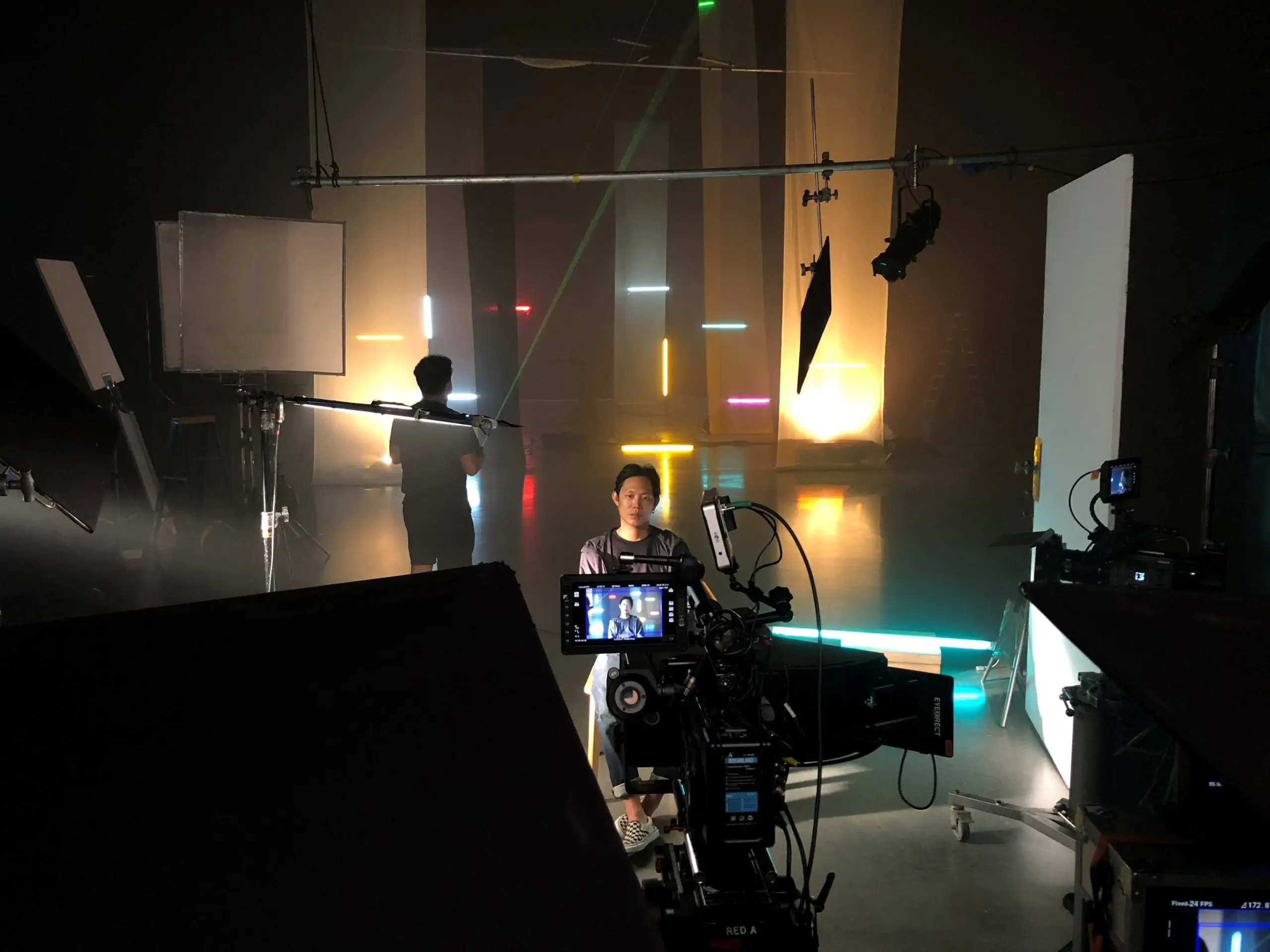
We shot with 3 Sony Venice cameras with the large format Zeiss lenses, and had an Eye Direct mounted in front of the A camera, so the interviewees would look straight in to the camera as they recounted what happened. A second camera was lined up as a low angle wide shot, and the third camera as a profile shot. The three angles gave some variety to the coverage, and these altered slightly between set ups.
It was the first time I had used the Sony Venice, and I absolutely loved it. Before the shoot my brilliant DIT, Anthony Dias and I conducted some tests with the camera and various lenses and found the package that suited the film the best. It was important with a camera package, which apart from a strong visual look, was flexible since we had to travel to Thailand and Australia.
As my DIT Anthony says: “I would say that one challenge was to maintain quality versus quantity. The Sony Venice made it possible to shoot 3 cameras at FF Raw without sacrificing quality… 9 hours of footage per day during the interviews was a huge amount of data but worked perfectly with the Sony X-OCN codec, otherwise production would have had a heart attack with the amount of data.”
During the shoot, Per Tingleff helped operate the cameras, Luke Cairns masterfully kept it all looking sharp, alongside Angus Mitchell. Ed Smith gaffered with the help of spark, Nik Lekaj.
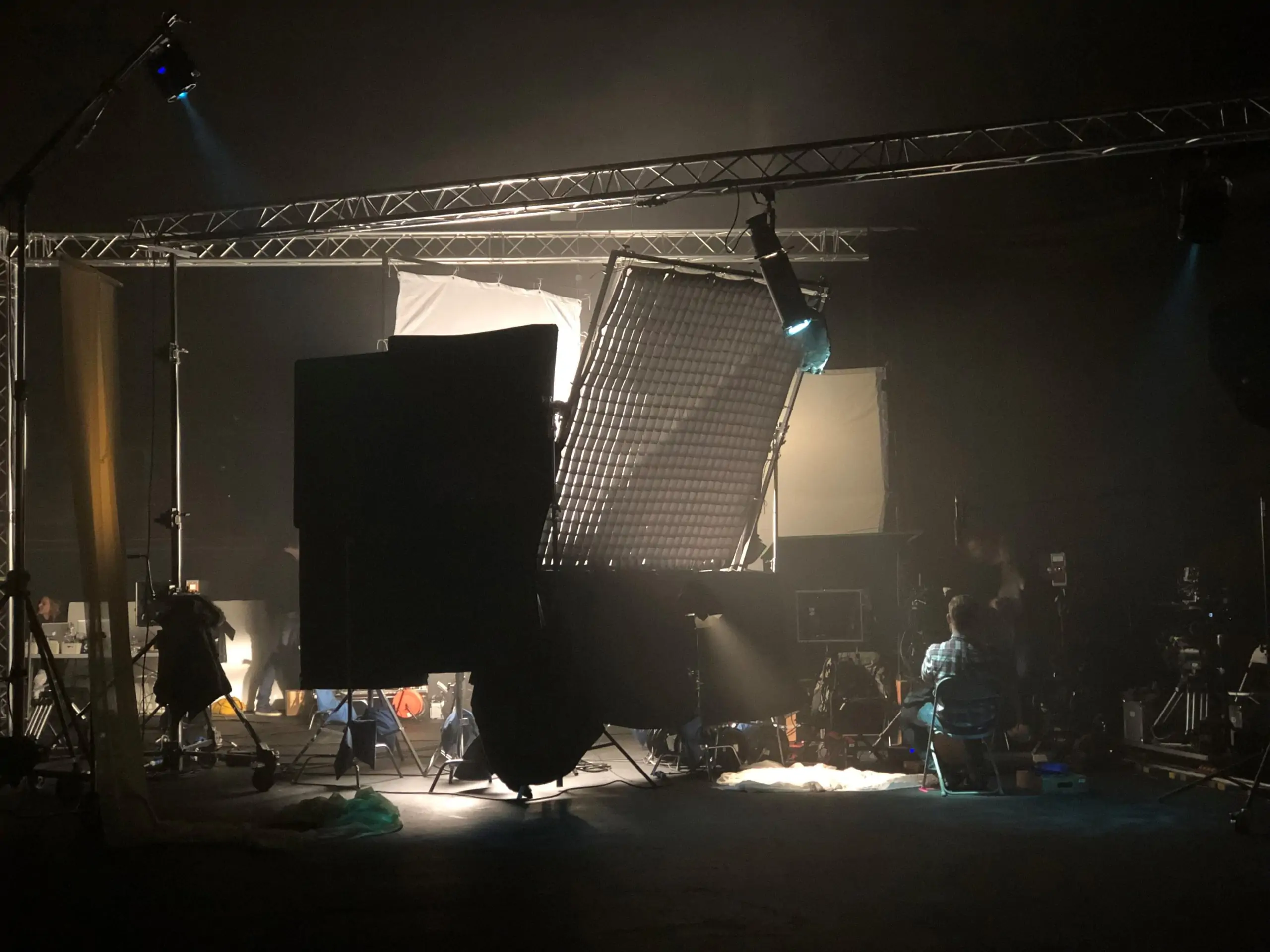
For the shoot in Thailand, we decided to go with a slightly different lighting approach. Lots of fluorescent tubes were mounted in different colours, and with different distances to the camera to create depth. Local DP Picha Srisansanee shot some interviews against green screen and some other material. This beautifully slotted in to the plates we had generated.
After having conducted the majority of the interviews, edited a strong version of the storyline, and done a fair few tests for the reconstruction elements of the film, Kevin sadly decided to leave the project. Directors Elizabeth Chai and Jimmy Chin took over, and oversaw the remainder of the shoot, with some beautiful underwater photography by Ian Seabrook. All together the contribution by several cinematographers, and lots of emotional archive footage really brought the story to life.”
–
David Katznelson BSC DFF was born and brought up in Denmark, and specialised in Cinematography at the National Film & Television School in the UK. Since graduating in 2000, David has lived in London, and shot multiple feature films, TV series leading to receiving several prestigious accolades for his work, including an EMMY, a BAFTA and an RTS Award. David is a member of DFF and British Society of Cinematographers and is repped by Casarotto Ramsay.

